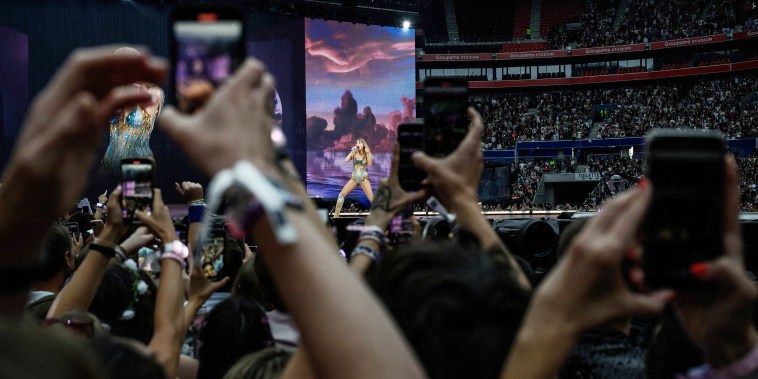
Unlocking the Fun Factor: The Rising Trend of American Spending on Travel and Entertainment
In recent times, a phenomenon known as the funflation effect has been spreading among Americans, leading to an increase in spending on travel and entertainment. This trend has caught the attention of economists, psychologists, and market analysts alike as they seek to understand the underlying factors driving this surge in consumer activity.
One explanation for the funflation effect lies in the changing priorities and values of individuals in modern society. As people increasingly prioritize experiences over material possessions, they are more inclined to allocate their resources towards activities that bring them joy, fulfillment, and memorable moments. Travel and entertainment represent avenues through which individuals can escape the routine of daily life, immerse themselves in new cultures, and create lasting memories that contribute to their overall well-being.
Moreover, advancements in technology and social media have played a pivotal role in fueling the funflation effect. Platforms such as Instagram, Facebook, and TikTok have made it easier than ever for people to share their travel experiences and adventures with a global audience, creating a sense of FOMO (fear of missing out) among those who are not actively participating in similar activities. This fear of missing out, coupled with the desire to curate a picture-perfect life online, compels many individuals to prioritize travel and entertainment spending as a means of keeping up with their peers and maintaining a certain image.
The rise of the gig economy and remote work has also contributed to the funflation effect by affording individuals greater flexibility and autonomy in how they manage their time and finances. With the ability to work from anywhere in the world, many people are choosing to blend work and leisure, opting for workcations that allow them to explore new destinations while also fulfilling their professional responsibilities. This convergence of work and play has blurred the lines between traditional notions of work-life balance, leading more individuals to view travel and entertainment as essential components of a fulfilling and well-rounded lifestyle.
Furthermore, the impact of the COVID-19 pandemic cannot be overlooked when discussing the funflation effect. Lockdowns, travel restrictions, and social distancing measures imposed during the height of the pandemic forced many people to put their travel and entertainment plans on hold. As restrictions began to lift and vaccination rates increased, there was a pent-up demand for recreational activities and experiences that had been postponed or canceled. This release of pent-up demand, combined with a newfound appreciation for the freedom and joys of travel and entertainment, has contributed to the current surge in consumer spending in these sectors.
In conclusion, the funflation effect reflects a broader shift in societal values and behaviors towards prioritizing experiences and adventures over material possessions. As individuals seek to escape the monotony of daily life, share their experiences on social media, maintain a work-life blend, and recover from the disruptions of the pandemic, travel and entertainment have emerged as primary avenues for personal fulfillment and growth. By understanding the driving forces behind the funflation effect, businesses and policymakers can better anticipate and adapt to the evolving preferences and demands of consumers in the post-pandemic era.
